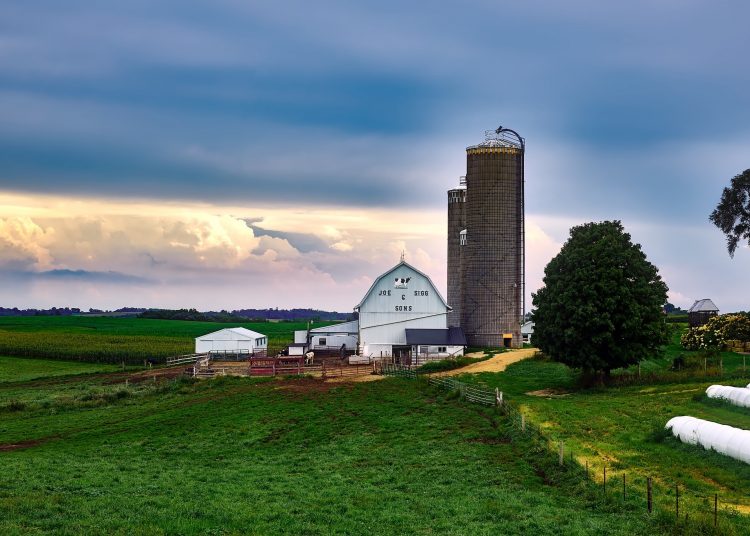Agriculture is the economic engine of Iowa. When our farmers and producers are successful, our economy grows, our main streets thrive, our businesses invest in new employees and finance expansions, and our rural communities grow stronger. As is obvious from our endless fields of corn and soybeans and our countless hog, cattle, and poultry operations, we grow and raise more than we can consume and sell in Iowa – or even our country. The excess product must go somewhere, and that’s where our trading relationships – both current and potential – come into play.
Needless to say, Iowa is an agricultural powerhouse. With roughly $16.6 billion in agricultural exports recorded in Fiscal Year 2022, we are the second-largest agriculture-exporting state in the country, second only to California whose population is over 1,200% larger than Iowa’s. In FY 2022, Iowa led the nation in pork and corn exports, registering at over $2.7 billion worth of pork and more than $3.3 billion worth of corn. According to the U.S. Department of Agriculture’s Economic Research Service, Iowa also exported more than $4.8 billion of soybeans, $721 million of beef, $260 million of certain poultry products like turkey, and $235 million of dairy products. This is truly a testament to the hard work, dedication, and pride of our hardworking farm families.
Unfortunately, the Biden administration has done very little to help our farmers and producers access new export markets for their high-quality goods. President Biden and his U.S. Trade Representative, Katherine Tai, have dropped the ball on negotiating new trade agreements and left American agriculture in uncertain territory when it comes to future trading partners. This is extremely alarming at a time when China – which has increasingly deployed aggressive tactics to destabilize the American economy and sow chaos across the globe – remains our largest agricultural trading partner. China also continues to gain market access with developing markets – particularly in Africa – which underscores the urgent need for the Biden administration to work with Republicans in Congress to develop new trading relationships and ensure that our farmers can sell their goods in the international market.
Regrettably, as is commonplace with the Biden administration, any effort to build new export markets and foster new trading relations is a day late and a dollar short. Per the USDA’s recent “Outlook for U.S. Agricultural Trade,” the United States is projected to export $170.5 billion and import $201 billion worth of agricultural products in Fiscal Year 2024, which leaves our country with a staggering $30 billion agricultural trade deficit. This figure is nearly double the $16.6 billion agricultural trade deficit that we faced last fiscal year, meaning that, since 2000, two out of the last three times that we have registered an agricultural trade deficit have been under President Biden. I’m very concerned that this significant deterioration occurred partly due to the Biden administration’s failure to actively pinpoint new market opportunities and secure new trade agreements for American farmers.
That’s why I led a letter to U.S. Trade Representative Katherine Tai and U.S. Secretary of Agriculture Tom Vilsack urging the Biden administration to address our growing agricultural trade deficit, eliminate barriers to trade for our producers, and restore America’s global leadership in agricultural trade. Alongside my colleagues, I also called for greater enforcement of our existing trade laws – such as the United States-Mexico-Canada Agreement – to prevent Mexico’s unscientific ban on American corn exports and chart a new path forward for our dairy producers to sell their goods in Canada.
Over the last decade, it’s clear that China knows how important American farmers are to our economy and is first to target them in trade retaliations. As the competition between the U.S. and China continues to intensify, it is critical that we diversify our trade partnerships and reduce our reliance on China as an export market. We must also work to reduce our agricultural trade deficit, enforce the laws on the books, and protect the economic interests of American farmers and producers in the global market.
Representing the second-largest agriculture-producing district in the nation, I will not allow the U.S. to sit on the sidelines or the Biden administration to look the other way so long as our farmers are exposed to China’s threats.















